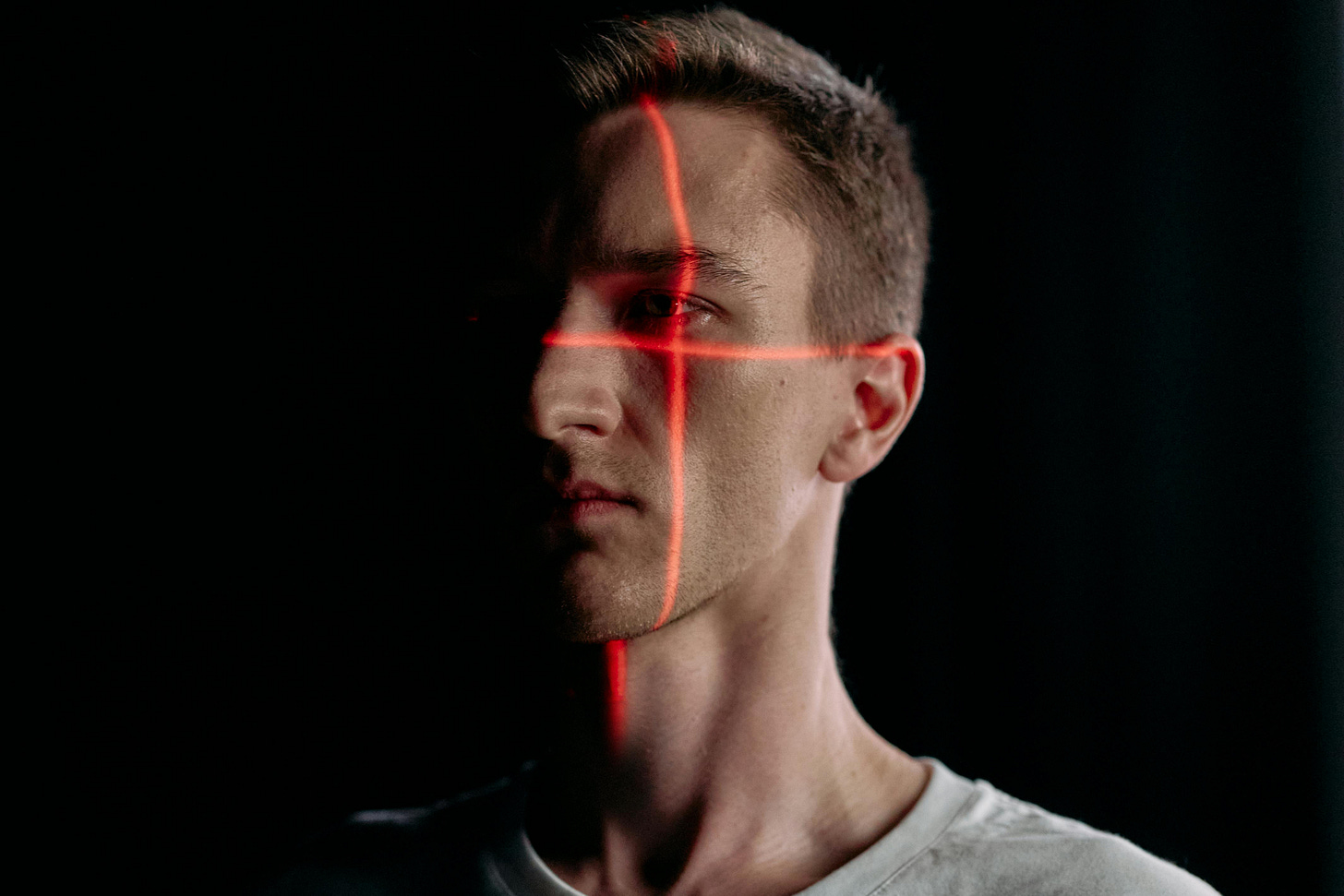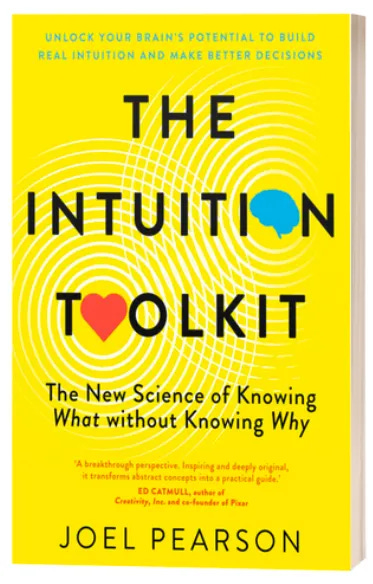The 'Self' Is No Longer Sacred: AI Can Now Create A Replica Of Your Personality
Could you soon have a digital twin that can communicate, make decisions, and participate in research on your behalf?
Hello dear readers,
Growing up, we’re all told that we’re ‘unique.’ There’s nobody quite like us on this planet, and that’s a special thing.
In light of this, we’d like to hold onto the belief that our personalities are the one thing about us that’s inimitable. Sure, someone (or, some thing — as is the case with AI chatbots) might try to vaguely mimic our mannerisms, way of speaking, or specific brand of humour. But, they can never truly replicate what makes us ‘us.’
Well, that is, at least, for now. Earlier this month, researchers from Stanford and Google DeepMind published a study that foreshadows the imminent existence of AI virtual replicas that can imitate your personality to a tee.
In the yet-to-be-peer-reviewed study, 1000 people were interviewed by AI models about their childhood experiences, formative memories, values, personal lives, careers, and preferences for up to two hours. These participants varied by gender, age, education, socioeconomic status, and political ideologies, capturing a cross-section of demographics.
From here, the Stanford and Google DeepMind teams created agent replicas of their personalities. Then, they had both the individuals and their AI models complete a series of personality tests, social surveys, and logic games. The results, they found, were 85% similar.
Pretty astounding, right? But, you might be wondering — what’s the point? As it turns out, study author Joon Sung Park wasn’t attempting to create a society of ‘mini-me’s’ or to deepfake anyone. Rather, the goal was to find a novel way to conduct social science research when it’s too expensive, inefficient, or unethical to use humans.
Park proposes a hybrid model — where you would gather information from real humans through qualitative interviews, then generate an AI ‘persona’ who can take the reigns on future research. It’s an intriguing application of technology that has already existed for over a decade: the digital twin.
Rise of the digital twin
Even if you’ve never heard of a digital twin, you’ve likely interacted with one. Imagine you’re in a skyscraper with one of those high-tech lobbies for a business meeting. As you sign in at the front desk, get buzzed up to your level, move about the halls, and ultimately exit, sensors track your every move. This data gets fed into a 3D model where the building manager can see a real-time visual representation of everyone in the space.
Often used in architecture, corporate real estate, and engineering, a digital twin is a virtual replication of a physical object, environment, system or process. And now, we can add ‘person’ to that list — with a growing number of tech companies exploring how human replicas can be used to predict and solve problems in healthcare, workplace safety, and more.
As Gonzalez and Martin put it: “Human Digital Twins can combine physiological, psychological, and behavioural data to predict, analyze, and guide actions.”
Beyond labs and boardrooms, we’re seeing individual consumers adopt this technology, too — as a way to extend and disseminate their own intellectual property for personal gain. Companies like Tavus and Synthesia allow you to create hyper-realistic virtual avatars of yourself that can be used in video marketing, while MindBank AI promises to ‘store your consciousness’ and unlock insights for personal growth and mental health.
Is this the real Joel or my AI clone? Let me know your vote in the comments!
Unlike Joon Sung Park’s agent replicas, these digital twins aren’t trained on interviews — but rather, emails, video footage, and other marketing collateral.
Can AI ever truly replicate our personalities — and, should it?
It’s not hard to imagine a future where every single one of us has a virtual replica that can communicate, interact, and make decisions on our behalf. Meta has already been pushing this technology with its AI studio, while TikTok has recently rolled out its own ‘AI self’ feature.
When this technology goes mainstream, it’s safe to say we’ll have a multitude of issues to contend with. Much like with image generation technology, there are serious concerns around identity theft and consent — what’s to stop someone else using a hyper-realistic model made in your likeness, to interact as you?
Then, there’s privacy concerns. While companies may claim to only store your data locally, there’s really no way to train your AI replica without handing over data to a corporation that can use it however they see fit. Finally, there’s the question of — do we really want non-human-entities acting as substitutes in human research? Surely the ecological validity of those findings should be called into question.
The good news is, we’re likely a fair way off until these clones become anything close to convincing. If you’ve ever watched an AI video replica in person, you’ll know that even if the speech, expressions, and mannerisms are exactly the same, something is just… off. Similarly, in Joon Sung Park’s research, the AI replicas performed poorly in behavioural tests like the ‘dictator game’ which are designed to capture core values like fairness.
Ultimately, personality is far more complex than just how you score on the ‘big five’ traits like extroversion and neuroticism. There’s a reason that you can take 10 different people who are an ‘INFJ’ in the Myer-Briggs test and discover that they are completely different people. The self encompasses more than just behavioural traits or personality scores— which can fluctuate throughout the lifetime and in different environments, anyway. It’s an amalgamation of all of your life experiences, philosophies, idiosyncracies, and values, which would take any AI (no matter how fast or powerful) a lifetime to learn.
That said, if you do come across a friendly bot that seems to understand you just a little too well? You might want to proceed with caution.
Mental meanderings
Do you think AI replicas have a place in social science research?
Would you create a digital twin of yourself? For what applications?
Let us know in the comments below!









Looks like a replica to me.
Makes me wonder, did you, or that replica of you, write this article. 🤔
Multiplicity in real time.